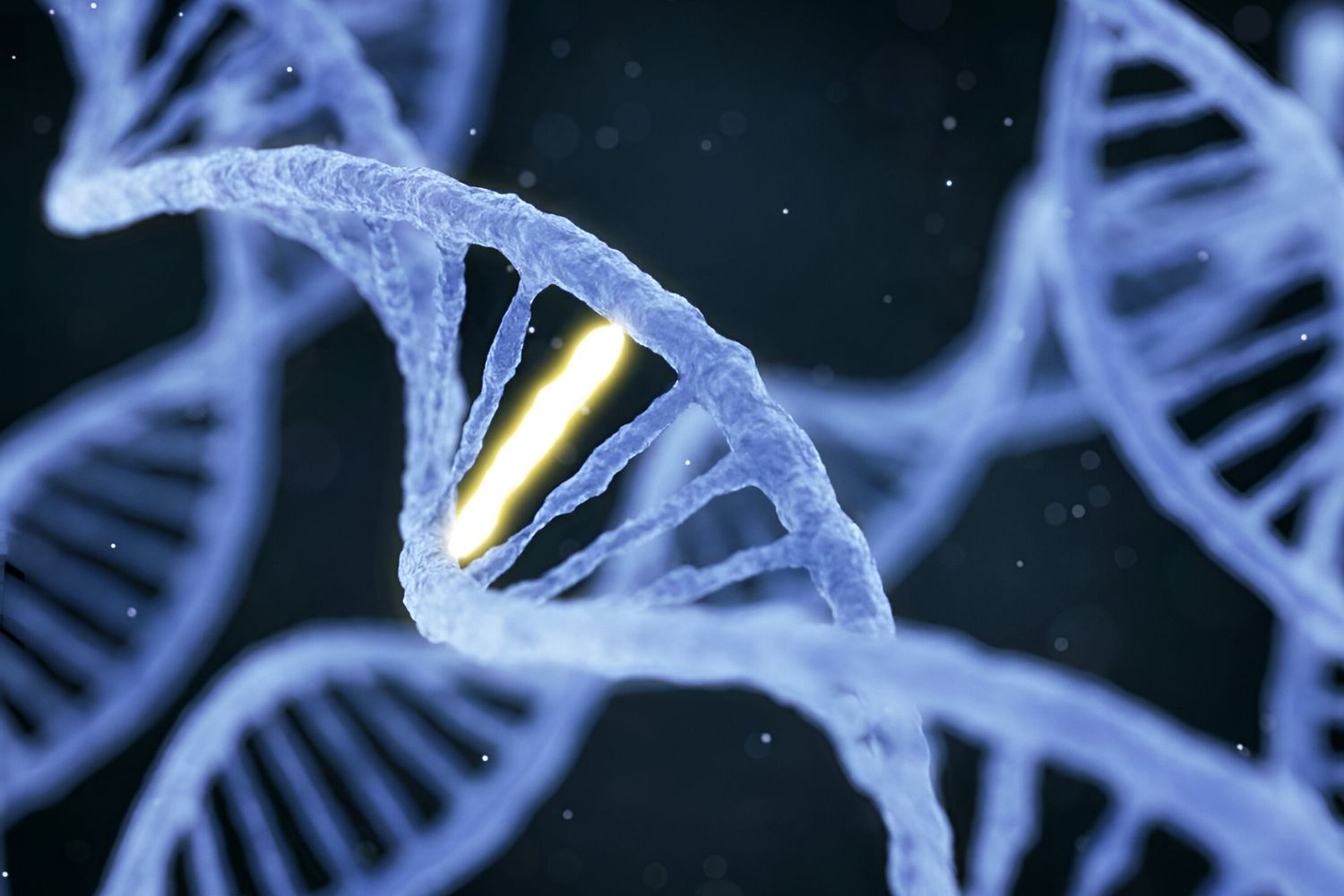
Phenylketonuria Type II (PKU II) is a rare genetic disorder that affects the body's ability to break down an amino acid called phenylalanine. This condition can lead to serious health problems if not managed properly. PKU II is caused by mutations in the PAH gene, which provides instructions for making an enzyme called phenylalanine hydroxylase. Without enough of this enzyme, phenylalanine builds up in the blood and brain, causing damage. Early diagnosis and treatment are crucial for managing PKU II. Newborn screening tests can detect this condition, allowing for early dietary interventions. By following a strict low-phenylalanine diet, individuals with PKU II can lead healthy lives.
Key Takeaways:
- Phenylketonuria Type II is a rare genetic disorder that requires a strict low-phenylalanine diet and regular monitoring to manage effectively and prevent serious health issues.
- Living with PKU II involves adapting to lifestyle changes, finding support, and staying informed about ongoing research and future treatment options.
Understanding Phenylketonuria Type II
Phenylketonuria Type II (PKU II) is a rare genetic disorder that affects how the body processes a specific amino acid called phenylalanine. This condition can lead to serious health issues if not managed properly. Let's dive into some fascinating facts about PKU II.
-
Genetic Origin: PKU II is inherited in an autosomal recessive manner. This means both parents must carry the defective gene for their child to be affected.
-
Enzyme Deficiency: The disorder is caused by a deficiency in the enzyme phenylalanine hydroxylase, which is crucial for converting phenylalanine into tyrosine.
-
Newborn Screening: Most countries include PKU II in their newborn screening programs, allowing for early detection and management.
-
Dietary Management: Individuals with PKU II must follow a strict low-phenylalanine diet to prevent the buildup of phenylalanine in the blood.
-
Protein Substitutes: Special medical formulas and protein substitutes are available to help those with PKU II meet their nutritional needs without consuming phenylalanine.
Symptoms and Diagnosis
Recognizing the symptoms and understanding the diagnostic process is crucial for managing PKU II effectively.
-
Developmental Delays: Untreated PKU II can lead to significant developmental delays and intellectual disabilities.
-
Behavioral Issues: Children with PKU II may exhibit behavioral problems such as hyperactivity and irritability.
-
Skin Conditions: Eczema and other skin conditions are common among individuals with PKU II.
-
Musty Odor: A distinctive musty odor in the breath, skin, or urine is a hallmark of PKU II due to the buildup of phenylalanine.
-
Blood Tests: Diagnosis is typically confirmed through blood tests that measure phenylalanine levels.
Treatment and Management
Effective treatment and management strategies can significantly improve the quality of life for those with PKU II.
-
Regular Monitoring: Regular blood tests are essential to monitor phenylalanine levels and adjust dietary plans accordingly.
-
Nutritional Supplements: Individuals with PKU II often require specific vitamins and minerals to compensate for dietary restrictions.
-
Medical Supervision: Ongoing medical supervision by a team of specialists, including dietitians and geneticists, is crucial.
-
Gene Therapy: Research is ongoing into gene therapy as a potential future treatment for PKU II.
-
Medication: Some medications can help lower phenylalanine levels, providing additional management options.
Living with PKU II
Living with PKU II involves adapting to various lifestyle changes and finding support.
-
Education and Awareness: Educating family members, teachers, and peers about PKU II can foster a supportive environment.
-
Social Support: Support groups and online communities can provide valuable resources and emotional support.
-
Travel Considerations: Planning ahead for travel, including bringing special foods and supplements, is essential for those with PKU II.
-
School Accommodations: Schools may need to provide accommodations, such as special meals or additional support, for students with PKU II.
-
Mental Health: Addressing mental health is important, as living with a chronic condition can be challenging.
Research and Future Directions
Ongoing research continues to improve our understanding and treatment of PKU II.
-
New Therapies: Scientists are exploring new therapies, including enzyme replacement and gene editing, to treat PKU II.
-
Clinical Trials: Participation in clinical trials can provide access to cutting-edge treatments and contribute to scientific knowledge.
-
Nutritional Advances: Advances in nutritional science are leading to better dietary options for those with PKU II.
-
Public Awareness: Increasing public awareness about PKU II can lead to better support and resources for affected individuals.
-
Global Initiatives: International collaborations are working to improve diagnosis, treatment, and support for PKU II worldwide.
Final Thoughts on Phenylketonuria Type II
Phenylketonuria Type II, though rare, carries significant implications for those affected. Understanding its genetic basis, symptoms, and treatment options is crucial for managing the condition effectively. Early diagnosis through newborn screening can make a world of difference, allowing for timely dietary interventions that prevent severe complications. The importance of a low-phenylalanine diet cannot be overstated, as it helps maintain normal brain function and overall health.
Support from healthcare professionals, family, and patient communities plays a vital role in navigating the challenges of PKU Type II. Ongoing research continues to explore new treatments and potential cures, offering hope for the future. By staying informed and proactive, individuals with PKU Type II can lead healthy, fulfilling lives. Remember, knowledge is power, and understanding this condition is the first step toward effective management.
Frequently Asked Questions
Was this page helpful?
Our commitment to delivering trustworthy and engaging content is at the heart of what we do. Each fact on our site is contributed by real users like you, bringing a wealth of diverse insights and information. To ensure the highest standards of accuracy and reliability, our dedicated editors meticulously review each submission. This process guarantees that the facts we share are not only fascinating but also credible. Trust in our commitment to quality and authenticity as you explore and learn with us.
